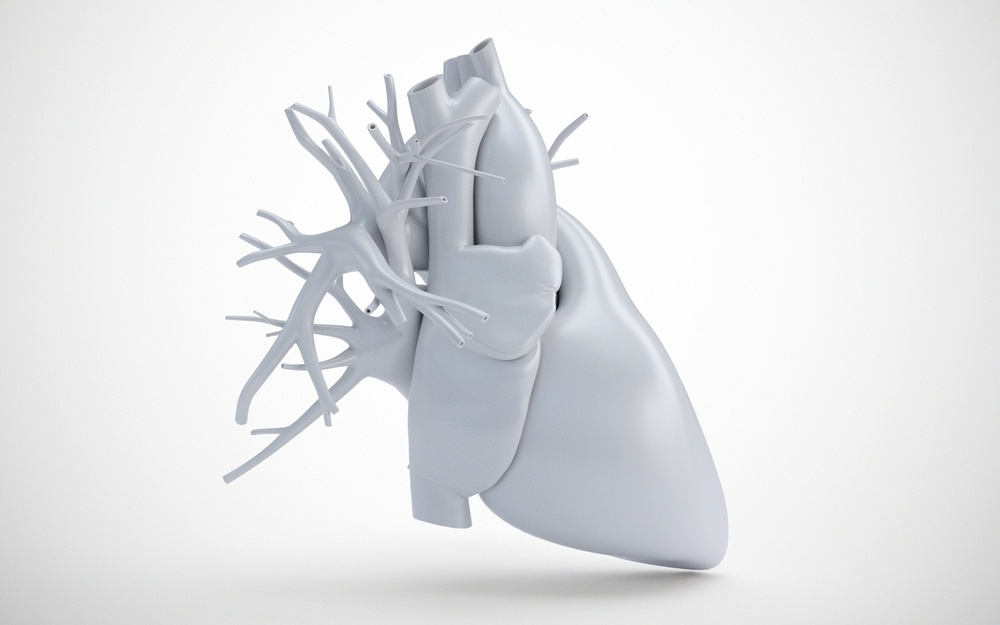Improving Heart Disease Treatment
Date
November 16, 2020
Credits

Date
November 16, 2020
Credits
Medical providers featured in this article
In Brief
{{cta-block}}
An important study led by Joanna Chikwe, MD, checks the pulse of cardiac care—and calls for strengthening it. Every day, nearly 1,000 people in the U.S. die from coronary artery disease, which occurs when cholesterol builds up to block arteries.
"Thousands of coronary bypass patients may not be receiving the best treatment option," says Chikwe, chair of Cardiac Surgery at the Smidt Heart Institute.
Options include the coronary stent, a tiny metal frame that holds open the blocked artery. Benefits do not last as long as with more invasive bypass surgery—in which a healthy artery from elsewhere in the body is attached to the heart, enabling blood to flow around the blockage.
Chikwe found that patients receiving multiple such arterial bypasses were less likely to have a subsequent heart attack, and were more likely to be alive 10 years later, than patients given a single circumventing artery.
"Two arteries are often better than one," says Chikwe, the Irina and George Schaeffer Distinguished Chair in Cardiac Surgery in honor of Alfredo Trento, MD. "But many patients who need a double- or triple-bypass surgery prefer getting stents because they can go home the same day. However, over the long term, stents put these patients at higher risk of dying or having a heart attack, especially if they are also diabetic."
The best of both worlds, says Chikwe, is often a hybrid procedure in which patients receive one arterial bypass through a small incision. A few days later, the other blockages are treated with stents. "It’s the long-term benefit of an arterial bypass combined with minimally invasive stent placement that ensures a fast recovery."





